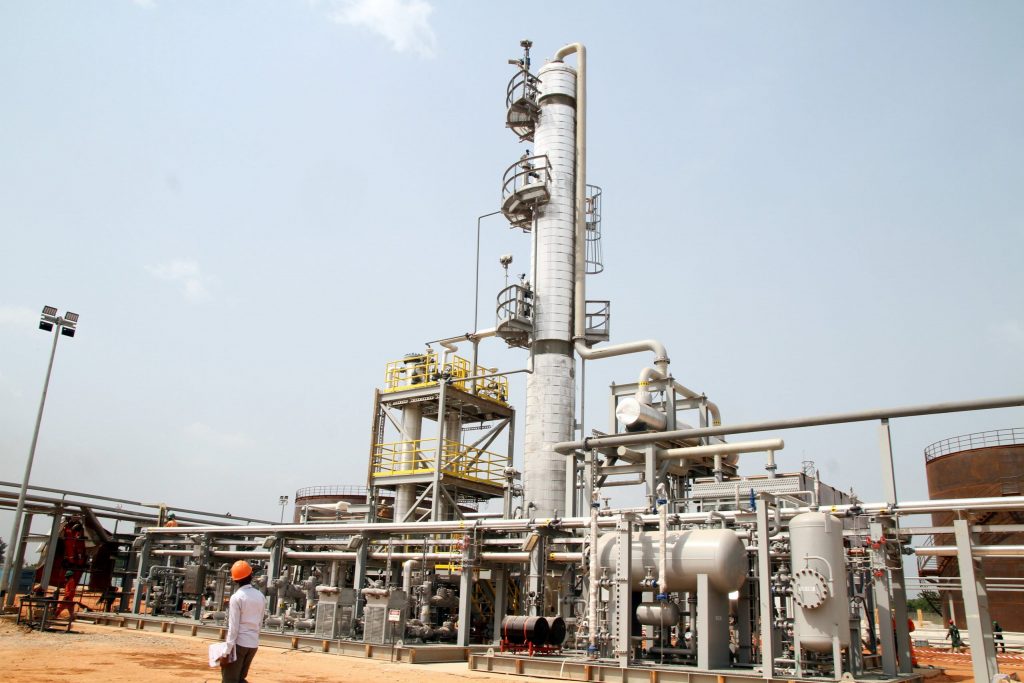Seplat Petroleum Development Company Plc, on Tuesday informed the Nigerian Stock Exchange (NSE), that its management has signed a Crude Purchase Agreement (CPA) with Waltersmith Petroman Oil Limited, located at Ibigwe Field, in Imo State.
The deal, according to the statement, will see SPDC supply between 2,000 and 4,000bopd from existing working-interest production from the Ohaji South Field within OML53, for Waltersmith’s new 5,000bopd modular refinery.
Previously, Seplat’s share of Ohaji South crude was primarily evacuated to the export Terminal via a third-party Crude Handling Agreement with Waltersmith.
This new agreement, according to Mrs. Edith Onwuchekwa, its Company Secretary and General Counsel, benefits Seplat by selling its crude oil directly to Waltersmith for refining, thereby eliminating crude losses and downtime experienced along the evacuation and export route, the statement added.
The transaction would also boost the capacity of Waltersmith to provide products, particularly to its immediate operational region, “thereby supporting Seplat’s commitment to national energy security,” the statement added.

Seplat maintains its guidance of 48,000 – 52,000 boepd for the 2020 financial year, even as Roger Brown, its Chief Executive, expressed delight at the agreement which he believes, “ensures that Nigerian crude will be refined locally by a Nigerian refiner.
“The agreement will eliminate losses we previously experienced on the export pipeline, meaning more revenue will be booked by Seplat for the same amount of oil produced from the field.
“Waltersmith’s refinery will also benefit the Nigerian economy by creating local jobs to refine our oil,” he stressed
In a statement on its website, the 5,000bpd refinery “is expected to contribute about 271 million litres of refined products, including Diesel, Naptha, HFO and Kerosene annually to the domestic market and create both direct and indirect jobs particularly within the host communities.”
The second phase will involve the delivery of 25,000bpd crude and condensate refinery; an upgrade on the 5,000bpd modular refinery and is designed to produce: gasoline, diesel, LPG, kerosene and aviation fuel.







